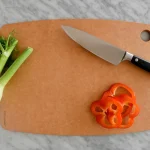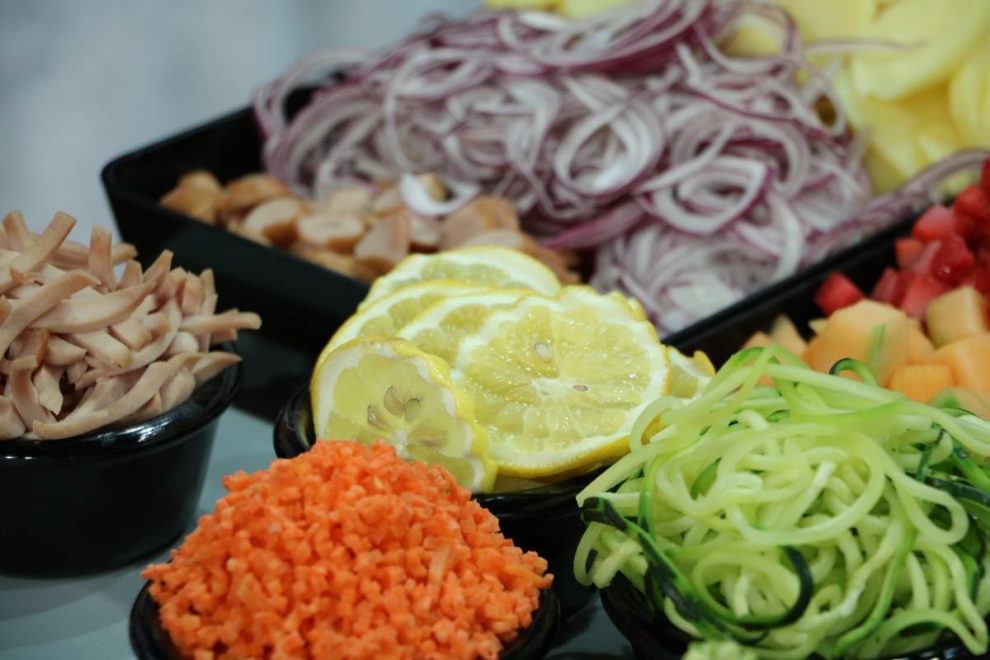A diner’s mind is mostly preoccupied with having a good dining experience, no matter where they choose to dine. At the end of the day, customers do not wish to burn their pockets on ‘not so good’ dining. The metrics shall be many, hygienic food, a friendly environment, and an attentive team of staff can be a few. The last thing a diner would want is spending hours at a physician’s after dining at your place.
restaurants white plains ny must realize the dos and don’ts of food preparation to avoid an embarrassing altercation with diners arising from unsafe food. With several people in and out of the house, restaurant kitchens can get busy, and chefs must do their best to keep the orders flowing. In such a busy and aggravated environment, food contamination must not be facilitated.
Restaurants deal with a variety of raw food items, and ensuring each ingredient is handled properly takes a great measure. In burger restaurants, most of the ingredients of burgers, like meat, cheese, and vegetables, should be handled individually using different service equipment to avoid food contamination and ensure food safety. A better understanding of food safety begins with food preparation.
Understanding Food Preparation for Restaurants
Food preparation entails every operational part which goes into preparing raw food into regular food items we consume every single day. Everything that ensures food is safe to eat is part of food preparation – from purchasing fresh ingredients and cleansing raw food to serving it on the table.
Food preparation also includes adding the right amount of flavour to our foods, as restaurants do with their rich, flavourful burgers by adding seasonings and colourful herbs.
Both raw and cooked foods provide a suitable environment for bacteria and fungi to grow and multiply. Consuming contaminated food items leads to food poisoning. As a restaurant owner, it is a must to integrate proper food preparation practices to ensure the quality of your products; for which consumers are willing to spend top dollars at restaurants.
Diners want the foods to have a rich flavour profile without affecting their health and safety concerns. It is imperative to maintain the hygiene of staff involved in kitchen operations and safeguard the safety of food items (before and after cooking). A few dos and don’ts of food preparation allows you to easily understand food preparation for restaurants of any niche.
Dos of Food Preparation for Restaurants
These general steps of food preparation are a must. To maintain food hygiene and food quality;
- Cleaning raw food and food service equipment
- Separation of ingredients
- Cooking food to the right temperature
- Proper storage of prepared foods
- Proper hygiene of food practitioners
Making sure food practitioners and staff are following these basic dos of food preparation pays well when it comes to food quality and customer satisfaction for restaurants. If you are wondering how these things give a better yield in a restaurant business;
Helps avoid food poising – Following proper food preparation reduces the chances of your customers suffering from food poisoning. For example, taking rudimentary steps such as cleaning raw food and food service equipment properly and proper storage of prepared foods helps avoid chances of food poisoning in consumers.
Fewer risks of food allergies – Consumers entering your restaurants can have several kinds of food allergies like fish, meat, dairy, etc. Separating these ingredients ensures there is no cross-contamination between food items. Using separate cutting boards, knives, and cooking utensils can help avoid cross-contamination.
Ensure food quality – Knowing food quality is an easy way of advertising in the food and hospitality business; restaurants must ensure their products are of the highest quality. After all, food quality is important in installing consumer confidence in your services.
Don’ts of Food Preparation For Restaurants
Some common practices while handling food items in commercial kitchens might do you more harm than good.
Reuse of food covers – Reusing meat wrappers for other food items invites high risks of cross-contamination.
Using the same utensils for raw and cooked foods – Utensils from raw foods such as meat house juices containing bacteria. Using the same utensil for cooked foods, cross-contamination occurs can make your customers sick.
Stashing foods together - Food with strong aromas overpowers the weak ones. Some food items have a strong order, like meat, fish, and cheese, compared to others. Meat and cheese should be stored separately in a commercial burger kitchen.
Food preparation assumes significance not only for sophisticated continental dishes with longer prep time but also for dishes like burgers. Milky Lane has an experienced team well-versed in food preparation practice, making burgers healthy and desirable for everyone in Newstead.
Whenever the urge for the best burgers in Newstead strikes, Milky Lane is there for you. Their easy and reliable door-to-door burger delivery makes it super easy for you. Milky Lane is thorough with the labour that goes into preparing the best burgers in Australia.













